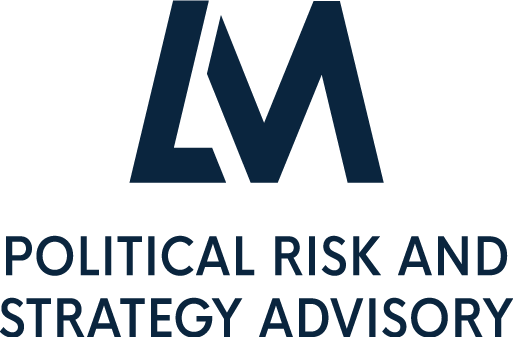This year's annual meeting of the Konrad Adenauer Foundation’s (KAS) Alumni Association took place in Vienna from 26 to 29 May. The motto was: "Vienna - Hub in the Heart of Europe." L&M PRISK played a key role in the implementation of the event, not only since KAS alumnus Dr. Hannes Meissner led the Vienna organization group.
The reception and opening ceremony with more than 340 participants took place on the roof top terrace of the Modul University on the Kahlenberg (484m) with a beautiful view on the city of Vienna. The welcoming speeches were held by Matthias Wilkes (Chairman of the KAS Alumni Association), former German Bundestag president Prof. Dr. Norbert Lammert (Chairman of the KAS), Dr. Hannes Meissner (Managing Partner of L&M PRISK) and Karl von Habsburg-Lothringen (President of the Paneurope Movement Austria).
From left to right: Prof. Dr. Norbert Lammert, Matthias Wilkes, Dr. Hannes Meissner, Karl von Habsburg-Lothringen
Major highlights of the day were the award ceremony for the Bernhard Vogel Education Prize, the award speech by Prof. Lammert, a video speech by Friedrich Merz (Leader of the CDU) and a visit to the monastery Klosterneuburg. Day 1 ended with a cosy get-together at the winery Fuhrgassl-Huber.
Day 2 started with various cultural excursions in Vienna and to the surroundings. In the afternoon, one of the two major panel discussions took place at the WKO (Austrian Business Council), titled "Geopolitical Realignment: What Role will Austria Play as a Business Location in the Future?" The discussion - moderated by Dr. Johannes Leitner (L&M PRISK) - dealt with the ongoing geopolitical change, leading to the question of where future markets lie for Austria and Europe. What impact does the power struggle between China and the USA have on our export economy? How does the war in Ukraine affect the flow of goods to and from Europe? What role can Austria play in the future as an economic hub between East and West? These were the questions, Dr. Johannes Leitner discussed with Dr. Thomas Birtel (CEO of STRABAG), Thomas Gindele (General Manager of the DIHK in Austria), Dr. Alice Meissner (Partner at MP Attorneys), and Dr. Erik Kroiher (Head of the Department of International Relations & Business Development at Kapsch AG).
From left to right: Thomas Gindele, Dr. Johannes Leitner, Dr. Thomas Birtel, Dr. Alice Meissner
Day 3 was dedicated to various networking meetings and thematic seminars at the WKO. One of the workshops was led by Dr. Johannes Leitner (L&M PRISK), who spoke about how to identify and manage political risks for enterprises in the post-Soviet space. (Please follow the link to the presentation slides.)
In the afternoon, the 2nd major panel discussion took place with Dr. Götz Schmidt-Bremme (German Ambassador to the United Nations in Vienna), Claudia Crawford (Head of Multilateral Dialog KAS Vienna), and Prof. Dr. Diermeier (President of Vanderbilt University). The panel – moderated by Dr. Hannes Meissner - focused on the crisis of multilateralism that has reached a new dimension with Russia’s war against Ukraine. But even prior to that, states have been withdrawing from treaties, disregarding established rules. At the same time, the adoption of new multilateral agreements is more controversial than ever before. The panel explored the causes of the crisis as well as possible solutions.
From left to right: Prof. Dr. Daniel Diermeier, Dr. Hannes Meissner, Claudia Crawford, Botschafter Dr. Götz Schmidt-Bremme
The day ended with two major highlights, the annual concert of the alumni choir and orchestra and festive evening that took place in the ballroom of the Vienna City Hall. The annual meeting ended with the closing service on Sunday (day 4).
Dr. Hannes Meissner, Dr. Frank Deickert (on the right side) and the Vienna Organization Team





